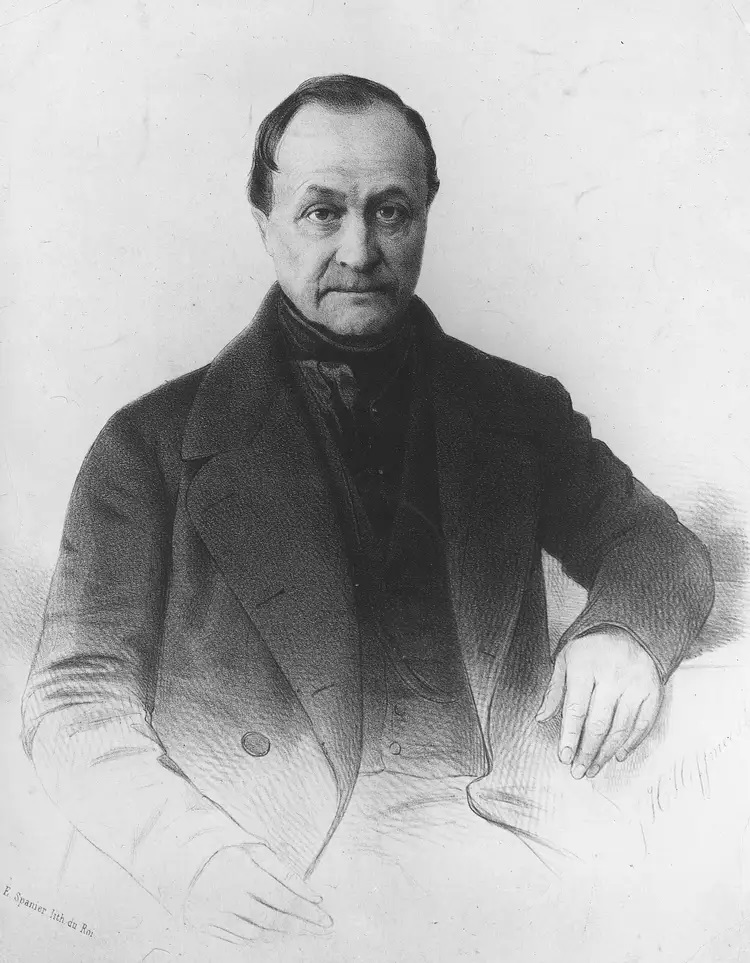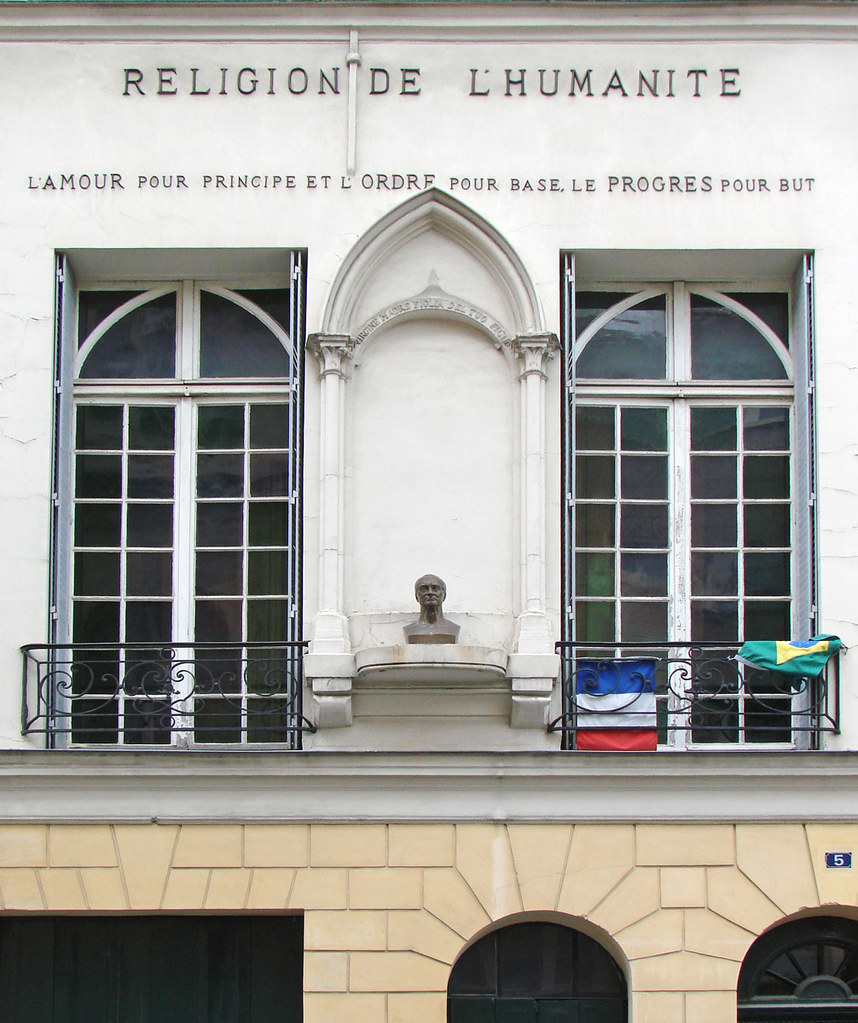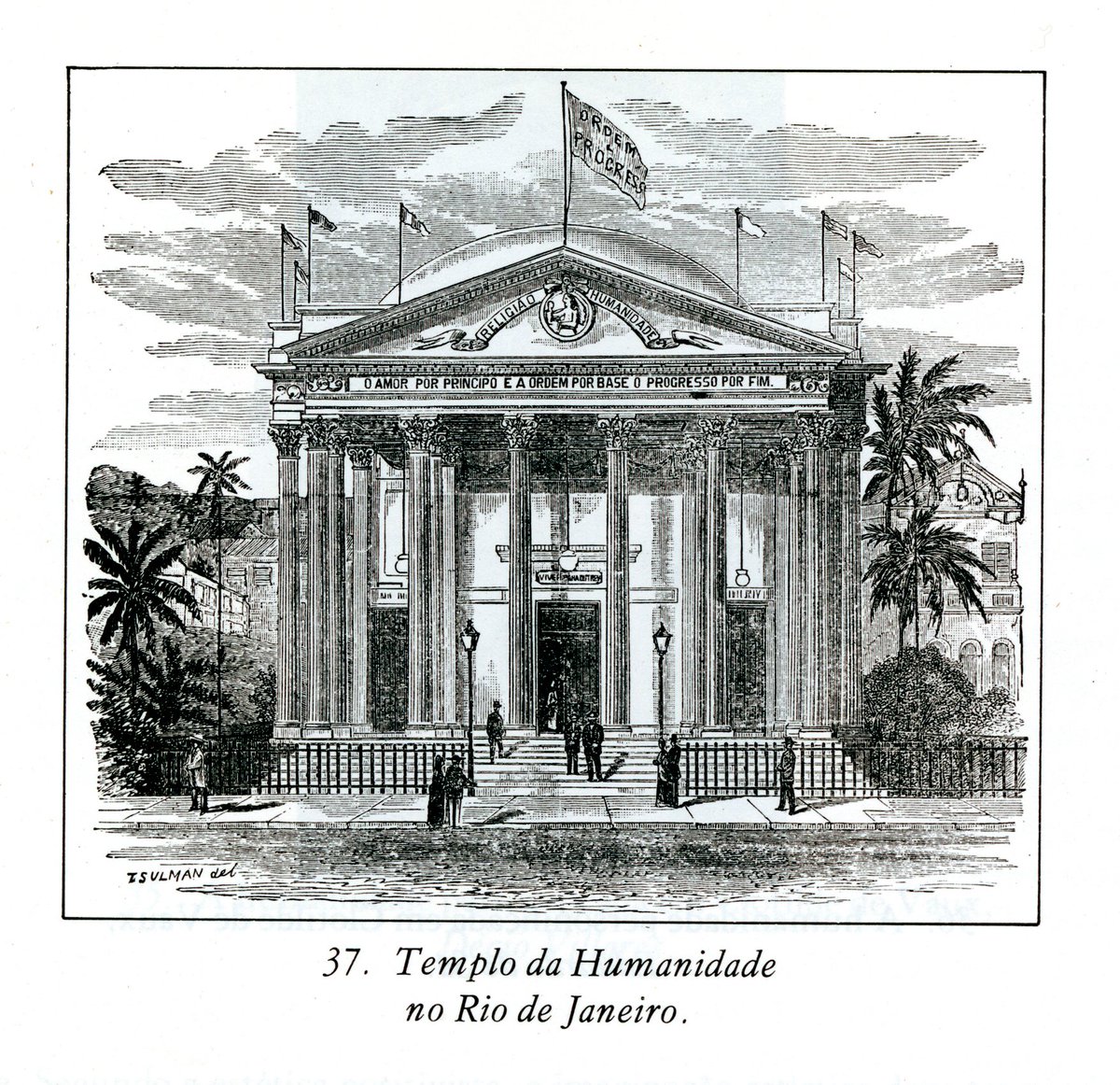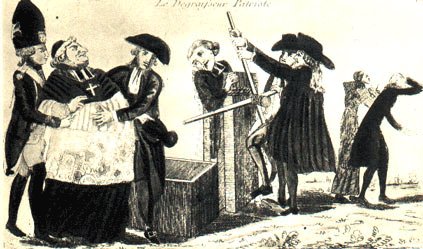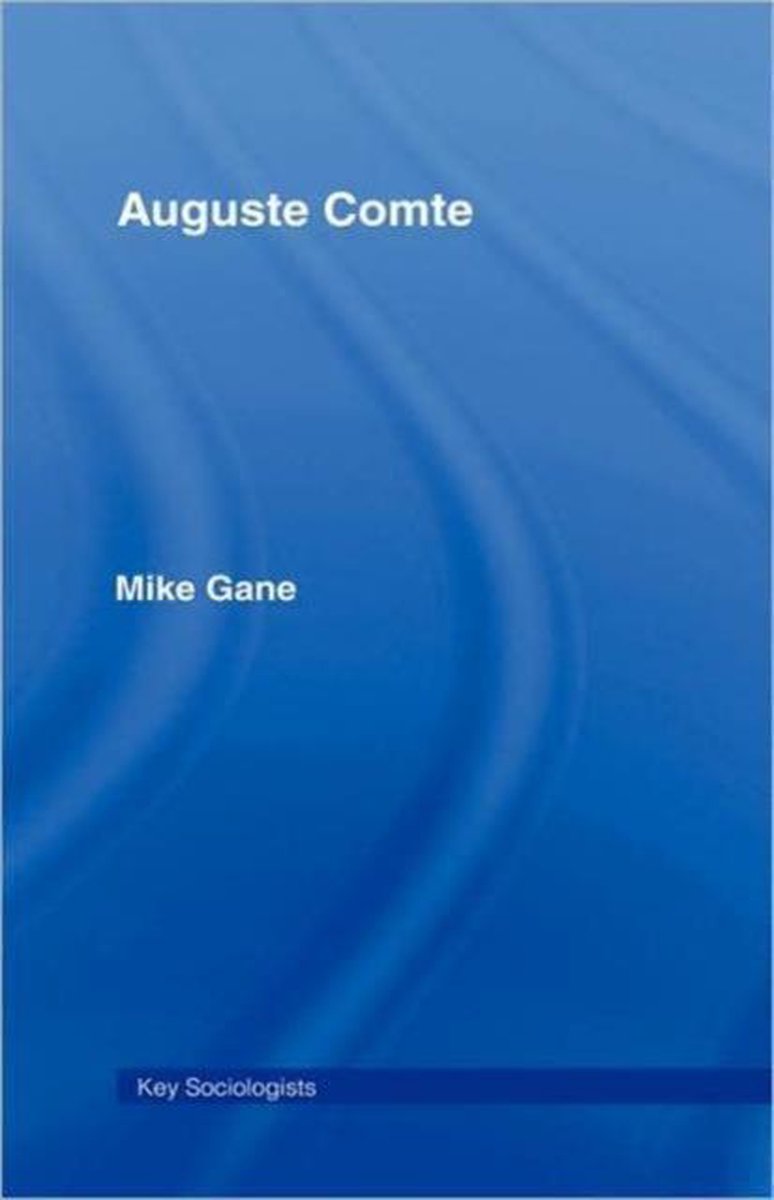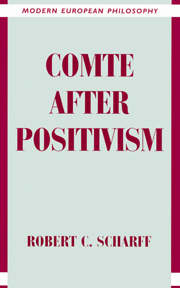Currently reading some French positivism. Given the current ‘rediscovery’ of the political program of positivism of the Vienna Circle, it is important not to forget that French positivism also existed. Let me start today with Auguste Comte! A short thread. #philsci #hopos 1/
Positivism has always been political. Auguste Comte, the ‘father’ of positivism, introduced concept for political goal: to offer an alternative political program, avoiding both conservatism and the excesses of the revolutionaries (writing just after the French Revolution). 2/
Comte& #39;s main point was that French revolutionaries were not historical enough: they thought one could impose blueprint of utopian society on the world. But a vibrant industrial society had its own dynamics and laws. These could only be explored through historical examination. 3/
Hence, his famous law of the three stages. Often ridiculed, its historical point is often forgotten: these are three *stages*. Hence, theology and metaphysics are not pointless, but *necessary* steps to get to where we are now. We thus need to properly study them. 4/
In his later work, related to his infamous ‘Religion of Humanity’, he returns to these & #39;earlier& #39; stages – especially stressing the role of emotions, institutions and traditions in our lives, against a too harsh focus on intellect and rationality. 5/
Again a political point: these are all conventions, not theological-metaphysical necessities. Any decent positivism sees itself as having the task to rethink and reorganize these social conventions, to improve society and our emotional lives. Hence, his Religion of Humanity. 6/
The influence of positivism as a religion is known, most famously in Brazilian flag "Ordem e Progresso" ("Order and Progress"), going back to Comte ("Love as a principle and order as the basis; progress as the goal"). Some of positivist temples still stand. 7/
As Mike Gane nicely pointed out: Comte was also not the only to create a new post-Christian religion. It was a real hype at that time. The cause? The French Revolution and its aftermath created a lack of catholic priests and churches, forcing communities to fill in the gap. 8/
Not only Saint-Simonians did it. It was a time of experimental religions in the margins of Christianity. There was Abbé Châtel, who produced a Code de l’Humanité denying Trinity, sin and the holy virgin; Louis de Tourreil created his own religion of Fusionisme, etc. 8/
But Comte was also fascinated with the autonomy of society: we cannot simply control it, it has its own laws. Hence, his plea for the creation of a new science of ‘social physics’ to study these laws; or as he later called it: sociology. 9/
This highlights another thing: Comte was opposed to any kind of simple idea of the unity of science, reducing all sciences to physics, etc. He explicitly pleaded for a plurality of methods and approaches, mainly to preserve the historical dynamism of scientific progress. 10/
Comte is thus the father of the social explanation, including the social explanation of the sciences. Knowledge, also metaphysical knowledge, is not timeless, but must be *diagnosed*. An idea, a thinker, a science does not float freely, but is grounded in place and time. 11/
For those interested to learn more about Comte, go visit @augustecomte75 or have a look at Mike Gane great introduction; or Robert C. Scharff Comte After Positivism. Mary Pickering& #39;s extensive biography is also fascinating! 12/
If there is interest, I will tweet in the future more about further developments in French positivism, with figures such as Abel Rey (who influenced Philip Frank, etc.) and Louis Rougier, and their political ambitions and interactions with other philosophers. 13/END

 Read on Twitter
Read on Twitter